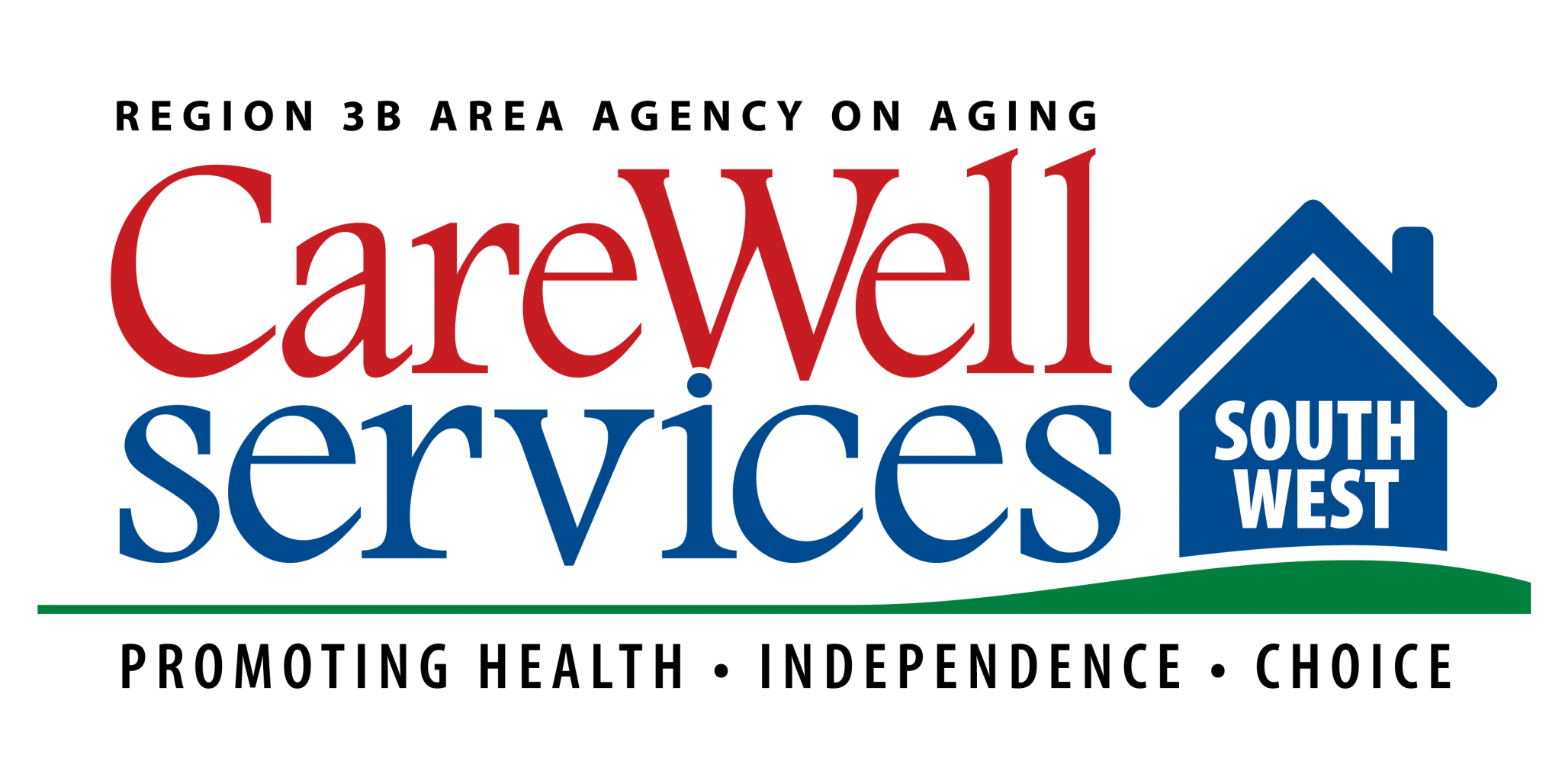
It’s unending. While the annual Part D and Medicare Advantage plan with Part D annual enrollment period ended December 7, the other annual enrollment and “I changed my mind” periods reopen January 1. Therefore, the TV ads will continue.
January 1-March 31 is the annual General Enrollment Period for Medicare Parts A and B. Happily, beginning January 2023, when you sign up for Part B medical coverage during open enrollment, your coverage can begin the first day of the month after you enroll. You no longer have to wait until July 1 for your coverage to begin if you’ve enrolled late for Medicare! You may have to pay higher premiums for late enrollment, unless you qualify for Medicaid. Enroll through Social Security or their website.
January 1-March 31 Medicare Advantage plan users can switch either to a different Medicare Advantage Plan, or return to Original Medicare.
Please verify that all your specialists, doctors, AND THE LOCAL HOSPITAL participate with your specific Medicare Advantage plan. Advantage plans have copays for services, so expect to get medical bills up to the plans maximum annual out of pocket amount. If you are caregiving for someone who has difficulty keeping up with their mail and bills, a Medicare Advantage plan could be too much paperwork to handle.
Calhoun County residents pay into Senior Millage as part of property taxes and rents. So you’ve already PAID into a fund for the “Extra Benefits” pushed in Medicare Advantage ads, like hearing, vision, and dental! MMAP can help connect you to Millage providers. You can make up to 250% of the federal poverty level and still qualify; which means many working-class retirees can get glasses, hearing aids, and dental care through Millage without having to make any changes to their Medicare.
Many retiree Medicare Advantage plans have lower annual maximum out of pocket amounts than the general public’s Medicare Advantage plans, so consider carefully before abandoning your retiree plan for a general public plan. Public plans can cost you thousands more per year. You might be unable to ever go back to your retiree plan, if you mistakenly sign up for a public plan. Caregivers should be extra alert to public insurance sellers interacting with elders when a retiree or federal insurance is involved.
The grocery card benefits being advertised need to be looked upon with skepticism—what’s the catch? Are they associated with a Medicare Advantage plan which is strict on using in-network doctors only? Does the plan have a maximum medical out of pocket co-pay amount for the year which is far greater than non-grocery card plans? Remember, if it sounds too good to be true, there’s probably a catch. Family members and caregivers be alert to make sure seniors aren’t falling for commercials and inadvertently costing themselves unnecessarily.
Are you a Dual? If you have Medicare federal health insurance, and full Medicaid from the state, MDHHS may want you to consider a “duals” type of Medicare Advantage/Medicaid combo insurance plan. They can even assign you into one without your prior approval. OPEN YOUR MAIL timely if you are on Medicaid. If you are a caregiver for someone on Medicaid (possibly even in a nursing home) be alert for mail saying a current insurance is ending, or a new insurance is beginning.
You’ll need to make sure your doctors, specialists, and pharmacy are all in-network for the plan, and that every medicine you need is on the plans formulary. Insurance plans may require prior authorizations before appointments, too. If you are already getting any in-home services or caregiving assistance, you’ll need to make sure that whichever agency is helping arrange or pay for your services will work with the proposed new insurance. Some programs do NOT pay family members as caregivers, so an insurance switch can result in lost income. If a duals plan is not a good fit for your circumstances, you have the right to stick with your original Medicare and Medicaid plans, disenrolling and opting out of any plan the state wants to assign you into.
If you are still working when you become Medicare eligible, check with your employer or union to find out how your workplace coverage works with Medicare. This includes federal or state employment and active-duty military service. MMAP doesn’t have access or training about all the various private employer plans, so it’s up to you as a consumer to navigate those retiree plans.
Persons who have the “Extra Help” program to help with prescription costs, or who have Medicaid, are eligible to make changes to Part D or Advantage plans at other times of the year—special rules apply.
The Medigap Premium Subsidy is being eliminated, so we can be grateful for the large Cost of Living Increase to Social Security for 2023, which will make the $25-$35 monthly Medigap premium easier to bear for most buyers. There is no plan to replace that subsidy with a new grant at this time.
Whether you are new to Medicare, or are an experienced senior, your MMAP counselors can help you navigate Medicare’s ever-changing ins and outs! Call 1-800-803-7174.

